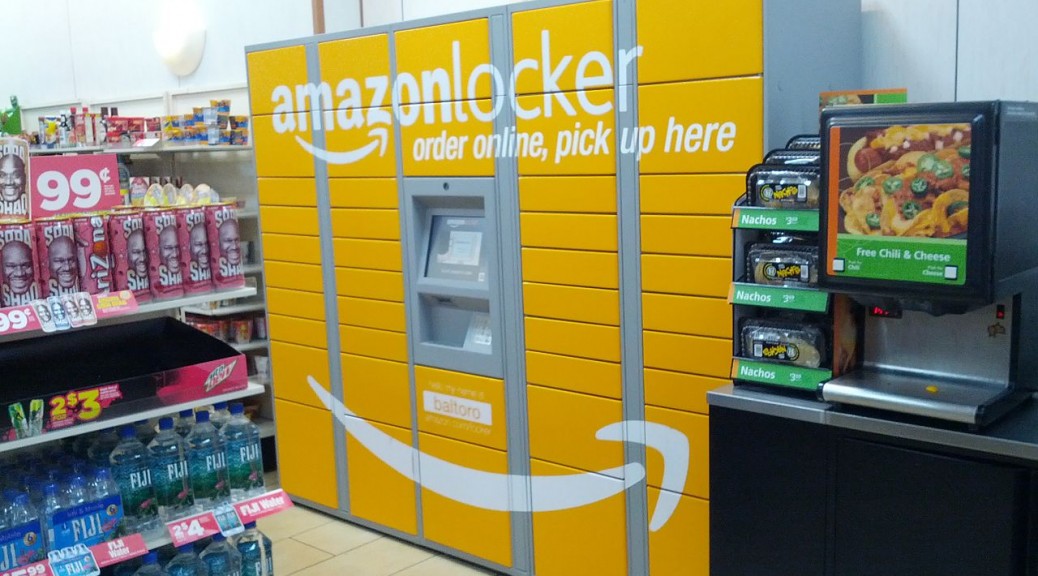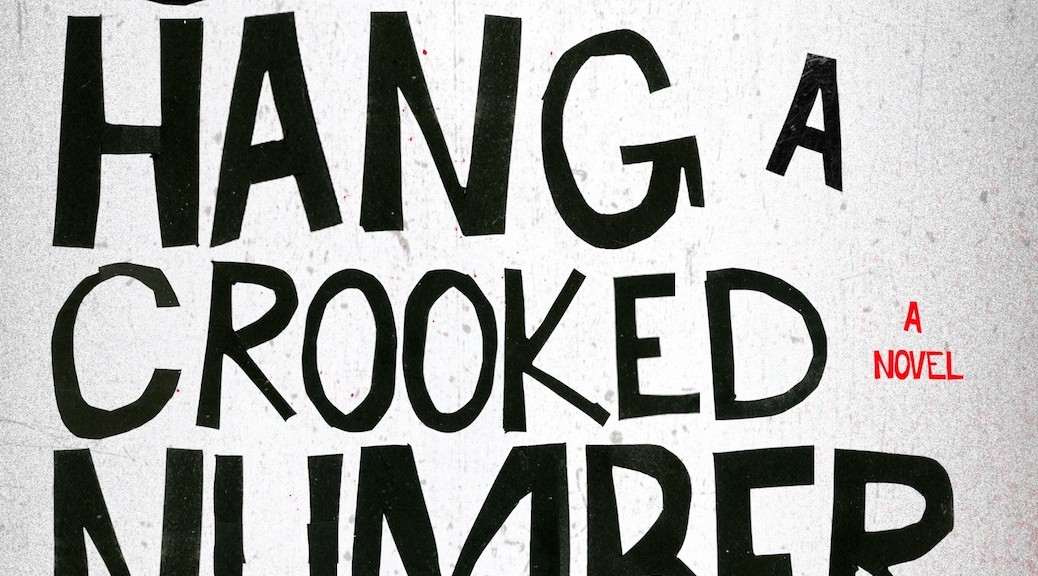This week brought a post by Matt Yglesias at Vox in which he says, more or less, it’s a good thing that Amazon is bringing the publishing industry to its knees. I’ve made my position on Amazon clear, but even beyond my baseline antipathy toward the online shopping giant, Yglesias’s post disturbed me. It exemplified the most troubling attitudes of the Silicon Valley Thinkfluencers who are supposedly leading us to a glorious digital utopia.
The thrust of Yglesias’s pro-Amazon argument is that the publishing industry is full of inefficient corporate dinosaurs. By this reasoning, Amazon’s dominance of the bookselling market has done nothing more than expose that industry’s soft underbelly. Now that any person can make an ebook and sell it on Amazon themselves, he says, publishers are “superfluous” and “don’t contribute anything of value.”
Yglesias’s main objections to the publishing industry seem to be over questions of efficiency. He believes publishers should put their money into software/hardware development and marketing, and not into author’s advances. They should stop publishing print books, which cost way too much to produce and ship. They should charge rock-bottom prices for their ebooks because these cost very little to produce.
The culture of digital innovators lies somewhere between Ayn Rand and Logan’s Run. For them, the Invisible Hand Of The Market dictates the path on the evolutionary cladogram of business. Follow it or die. The implication of Yglesias’s post is that publishers’ failure to take any of the steps he prescribes is proof enough of their obsolescence, a sign their extinction is not only inevitable but deserved.
The problem is, publishing can’t follow Amazon’s example, even if it wanted to. The industry was founded around a far different core than the company that aims to bury it.
It is true enough that most publishing houses now are owned by conglomerate behemoths indistinguishable in their size and structure from the GE’s and Viacoms of the world. It is true that publishing houses, like any branch of the culture industry, produce as much malnourished dreck as any fast food chain. But this bloated exterior is wrapped around a nucleus that actually wants to produce quality.
At their core, publishing houses are charged with the long, laborious process of enabling the creation of art. This process is almost like developing prospects in baseball: It resists being rushed, is rife with the potential for failure, and doesn’t always prove lucrative even when good “product” is produced. An editor could spend years working on just one book with an author, believe with all his/her heart and soul that it is The Great American Novel, and release it into the wild, only to watch it go over like a lead balloon. Publishing is the opposite of efficient.
It is telling that nowhere in Yglesias’s piece do considerations of literature or art come up. The word editor is mentioned once, and then only for Yglesias to suggest a big-time author like George R.R. Martin could hire a freelance one if he wished to self-publish. In other words, editors should join his vision of the 21st century and be set adrift on the rocky seas of The Gig Economy.
Efficiency is Amazon’s religion. Amazon’s enormous success rose from its ability to bring you the things you want when you want them. Amazon has zero stakes in the content of your package, except to see that it gets to you as scheduled. This credo drives all on-demand internet businesses. Netflix, Seamless, Uber, Airbnb, and all their imitators operate on the same idea. None of them “make” the service they provide (except possibly Netflix and its “original shows,” at best a gray area). These businesses simply ensure that the service is provided.
What Amazon and its kin also have in common is that their efficiency comes from relying on all the dirty work and high costs to be carried out by traditional businesses. Amazon has never tried to create books any more than it’s tried to make t-shirts or dumbbells or coffee tables or any of the other billion things they sell. The considerable costs involved in creation—R&D, editing, advertising—are borne by others. Once someone else pays those costs to produce something, Amazon steps in to offer it at wholesale prices.
Amazon is praised for its logistical wizardry, but even this “efficiency” comes at the expense of others. It farms out fulfillment to third-party contractors (and washes its hands when said contractors abuse workers). The burden of its deliveries, in man-hours and stress, is placed on other organizations both private (UPS) and public (US Postal Service).
Think back to when Netflix was new and still primarily a DVD-rental service. The problem and cost of processing all these oddly-shaped red envelopes fell on the Post Office, while Netflix shrugged and said Good luck with that. The old, inefficient Postal Service gets constant threats of bankruptcy. Netflix gets Emmy nominations. That is the world created by our glorious digital innovators, in a nutshell.
Maybe if it publishing were run in a more efficient manner, as Yglesias prescribes, it would produce more and better art. Perhaps it wouldn’t. In either case, Amazon wouldn’t care. If a book is crappy, it means no more to Amazon than if a chair or a HDMI cable or anything else it sells is crappy. The bad review will reflect on the product, not Amazon. If the industry collapses and all we’re left with is a hellscape of self-published One Direction fanfic and Benghazi conspiracy screeds, Amazon would roll merrily along.
I don’t expect a retailer to be overly concerned with quality, whether that retailer is Amazon or Sears. But I would like someone to be concerned with it. What Yglesias seems to advocate is a universe in which Amazon is not simply a seller of books, but the model for making them. Why? Because their model works. And in the mindset of the innovator worshipers, anything that works is inherently good. Why it works, how it works, and who it works for is irrelevant.
It’s this rallying behind a corporation like Amazon for the sheer fact that it “works” that troubles me the most. In the universe where efficiency trumps all, anyone that stands between you and the thing you want is evil. Anyone that gets that thing to you slightly faster is good. Anything that takes time to produce is to be consigned to the scrapheap of history. Anything instantly deliverable is to be celebrated, no matter how rotten it is, because it’s here now.
The prevailing thought Ygelsias is espousing is the one that drives digital business in the 21st century: Stop being so sentimental. Someone was gonna come along and do this. Why not get behind the guy who did it the best?
Thinking like this was once condemned as fascist. Now it’s celebrated as Thought Leading. But at least our latest thought leaders make the drones run on time. And with free shipping, too.


